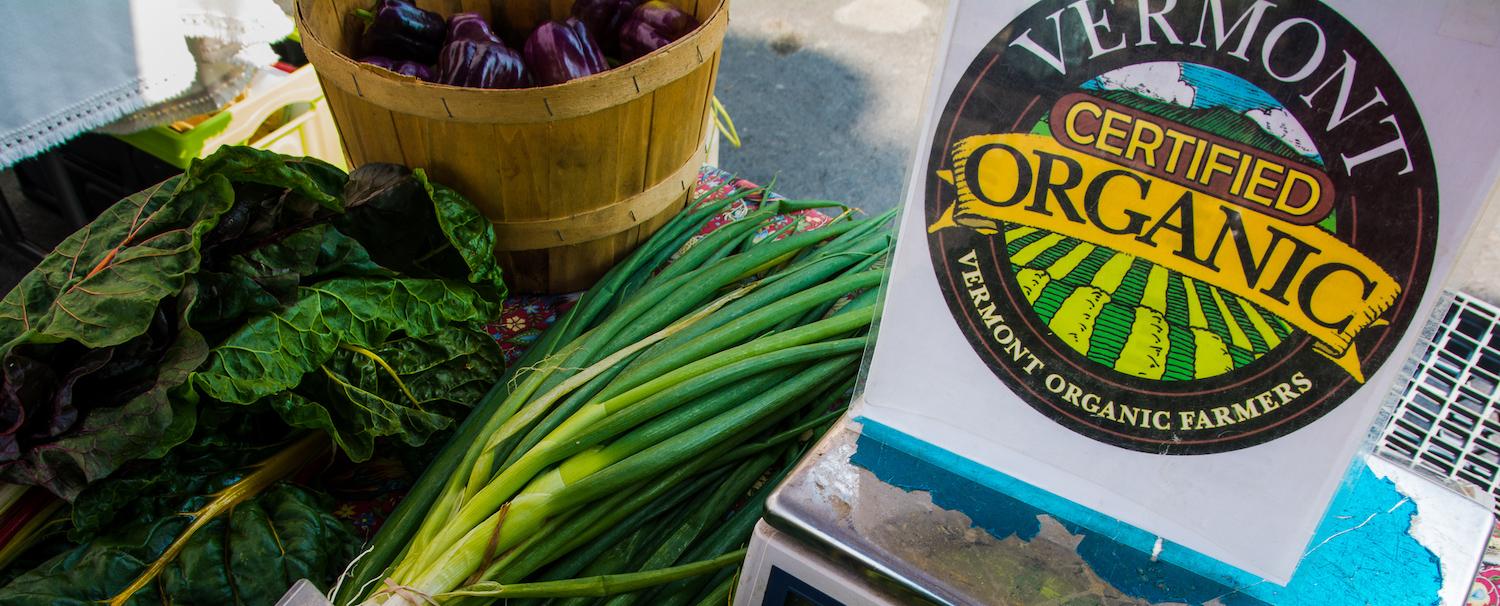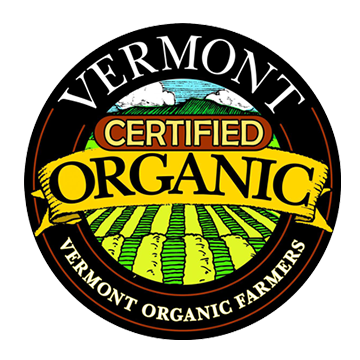Do I Need to Be Certified?
If you want to represent your product as organic you need to be certified unless you qualify for one of the following exemptions:
Small Farms & Businesses
If your farm or business’s gross income from organic sales does not exceed $5,000 annually, you are not required to be certified in order to use the term “organic.” However, you must follow the National Organic Program regulations. If you do not obtain certification, you cannot use the term “certified organic” and you cannot use the USDA seal or VOF logo. In addition, you may not sell your products as ingredients for use in someone else’s certified organic product. This exemption allows small organic farms and businesses to sell directly to consumers without getting certified.
Brokers, Distributors, & Traders
If you receive certified organic products and distribute them in the same wholesale or retail containers without opening, reconstituting, altering, repackaging, processing, or relabeling the products, you do not need to be certified.
Individuals or operations that solely provide a transportation service for organic unpackaged products (hay, grain, livestock, etc.) do not need to be certified, provided the transportation is described under the certified operations approved organic system plan.
Retail Food Establishments
If you run a grocery store, restaurant, bakery, deli, or other retail establishment and you sell directly to consumers, you may not need to be certified.
An uncertified retail establishment is allowed to conduct activities such as opening produce boxes, washing the produce, and transferring the produce to display cases, opening bags of oats and transferring them to bulk bins, etc. Those products may still be represented as certified organic, and you may use the USDA seal and/or VOF logo in the retail display of the products.
Uncertified retail establishments are also allowed to process organic products as long as the processing occurs at the point of final sale to the consumer. For example, an uncertified retailer is allowed to repackage certified organic bulk almonds into individual retail-sized bags and label the retail bag as organic almonds. These processed products may be represented as organic but must not be represented as certified organic. In addition, the almonds (or other processed organic product) must not display the USDA seal and/or VOF logo and cannot be used as a certified organic ingredient by another certified operation.
In all cases, retail establishments must prevent commingling with non-organic products and prevent organic products from coming into contact with prohibited substances.
Exempt Handling Operations
If your business only handles products that contain less than 70 percent organic ingredients (excluding salt and water), or only identifies organic ingredients on the product’s information panel, it does not need to be certified. However, you must meet the USDA labeling requirements and prevent commingling with non-organic products and contact with prohibited substances, and maintain records for at least three years that prove that the quantity of organic products sold was organically produced and handled.
Warehousing & Storage Facilities
An operation is exempt from organic certification if that operation only receives, stores, and/or prepares for shipment, but does not otherwise handle, organic agricultural products that:
- Are enclosed in sealed, tamper-evident packages or containers prior to being received or acquired by the operation; and
- Remain in the same sealed, tamper-evident packages or containers and are not otherwise handled while in the control of the operation.
Distributors
An operation is exempt from organic certification if that operation only buys, sells, receives, stores, and/or prepares for shipment, but does not otherwise handle, organic agricultural products already labeled for retail sale that:
- Are enclosed in sealed, tamper-evident packages or containers that are labeled for retail sale prior to being received or acquired by the operation; and
- Remain in the same sealed, tamper-evident packages or containers that are labeled for retail sale and are not otherwise handled while in the control of the operation.
Customs Brokers & Traders
An operation that only arranges for the shipping, storing, transport, or movement of organic agricultural products but does not otherwise handle organic products does not need to be certified.
Recordkeeping for Exempt Operations
Exempt operations must make records available upon request that:
- Demonstrate that agricultural products identified as organic were organically produced and handled; and
- Verify quantities of organic agricultural products received and shipped, or sold.
All records must be maintained for no less than 3 years beyond their creation.
Still Uncertain?
Use this Certification Self-Assessment Flowchart to help determine whether your operation is required to be certified.

